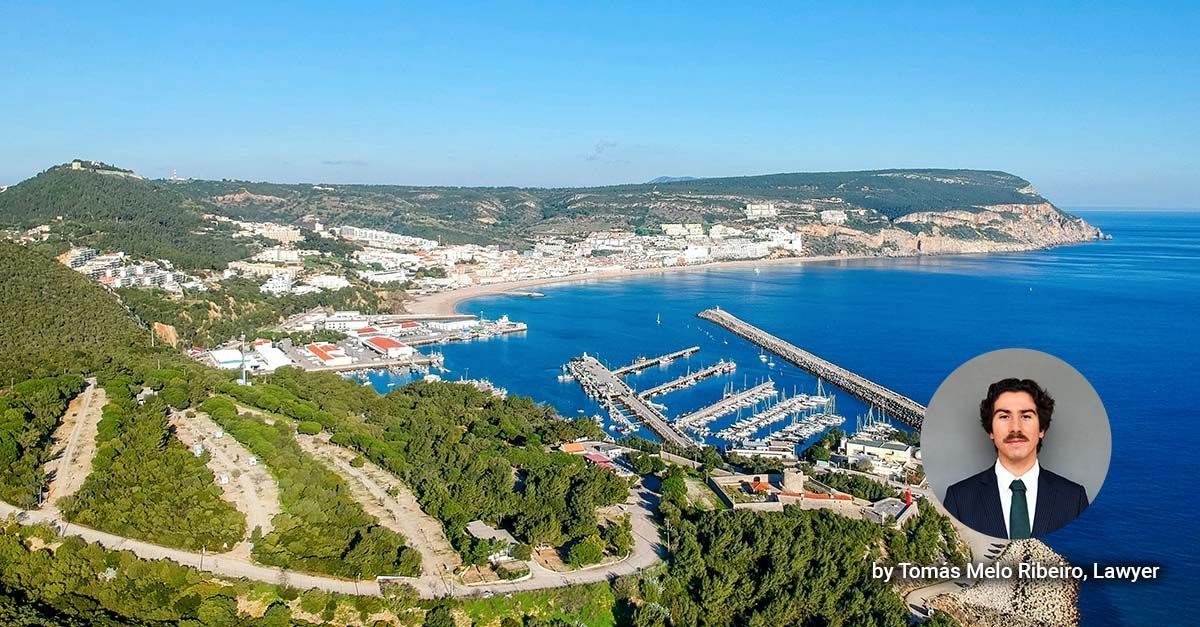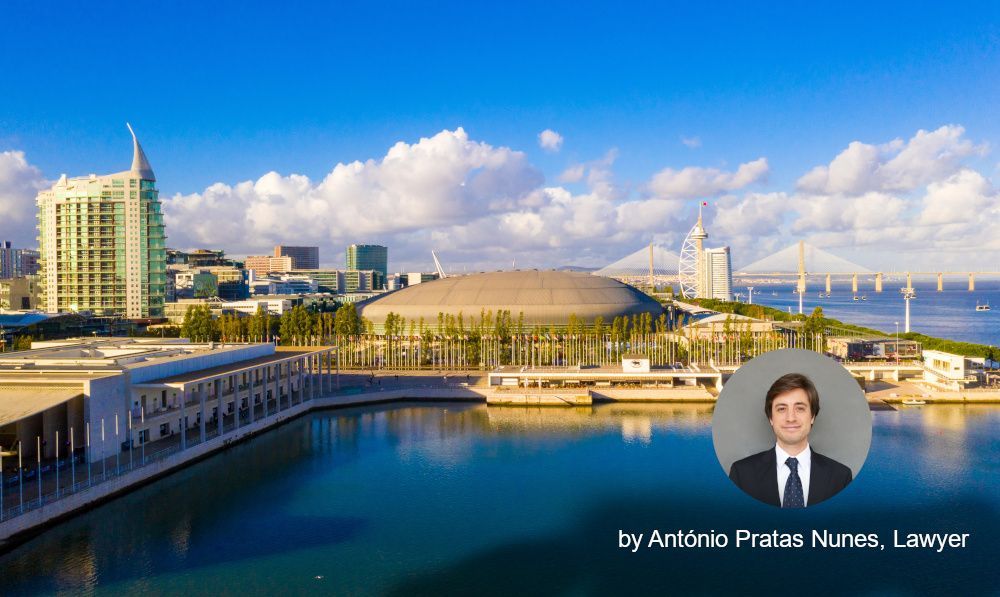Resignation of the Portuguese Prime Minister, António Costa
On November 7th, Portuguese Prime Minister António Costa submitted his resignation, which was subsequently accepted by President Marcelo Rebelo de Sousa. The reason behind the Prime Minister's decision to step down was prompted by a surprise independent investigation that will be conducted by the Public Prosecutor office within the Supreme Court of Justice pursuant to the law. This investigation is related with lithium and green hydrogen business sector.
The resulting political instability has raised questions about the progress of the state budget law for 2024, which includes a proposal to end the non-habitual residents (NHR) tax regime. The fate of this proposal now hangs in the balance.
When the Portuguese Prime Minister resigns it is possible to have multiple outcomes. To be more precise, two potential outcomes can ensue:
The first scenario involves the Portuguese President opting to invite the ruling party, Partido Socialista (PS), to form a new government, headed by a new PM. In this case, the state budget law for 2024 will likely proceed, impacting the NHR tax regime, as previously discussed in this article.
The second scenario involves the Portuguese President dissolving the parliament and calling for an anticipated general election. In this event, the Portuguese proposed state budget law for 2024 will expire and the interim government can only manage day-to-day management matters until the outcome of the election and the formation of a new government that will come out of it. In this scenario the NHR tax regime will not be immediately affected and will thus continue to be in force.
On Thursday, November 9th, 2023, the President will address the nation immediately after the council of state and announce his decision.











